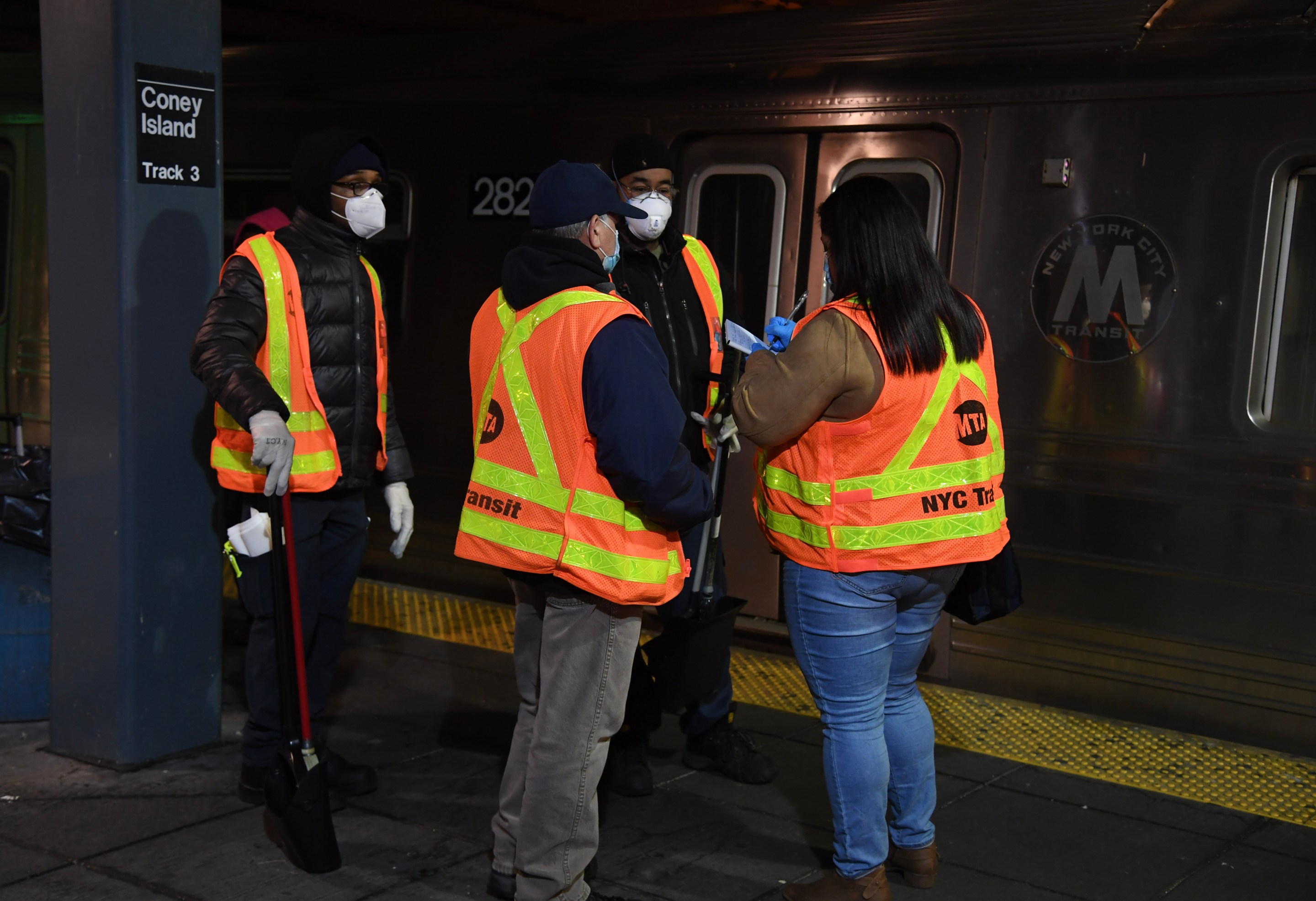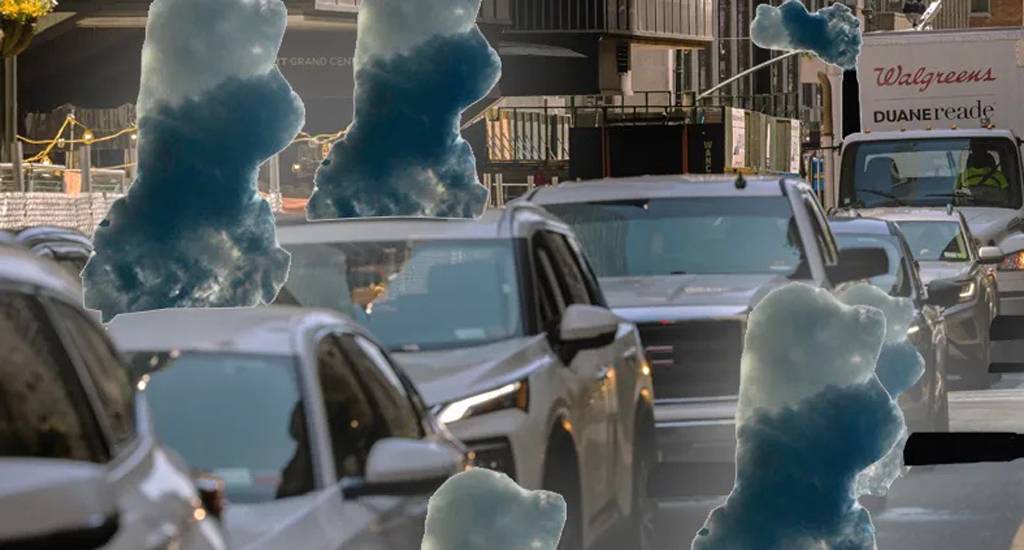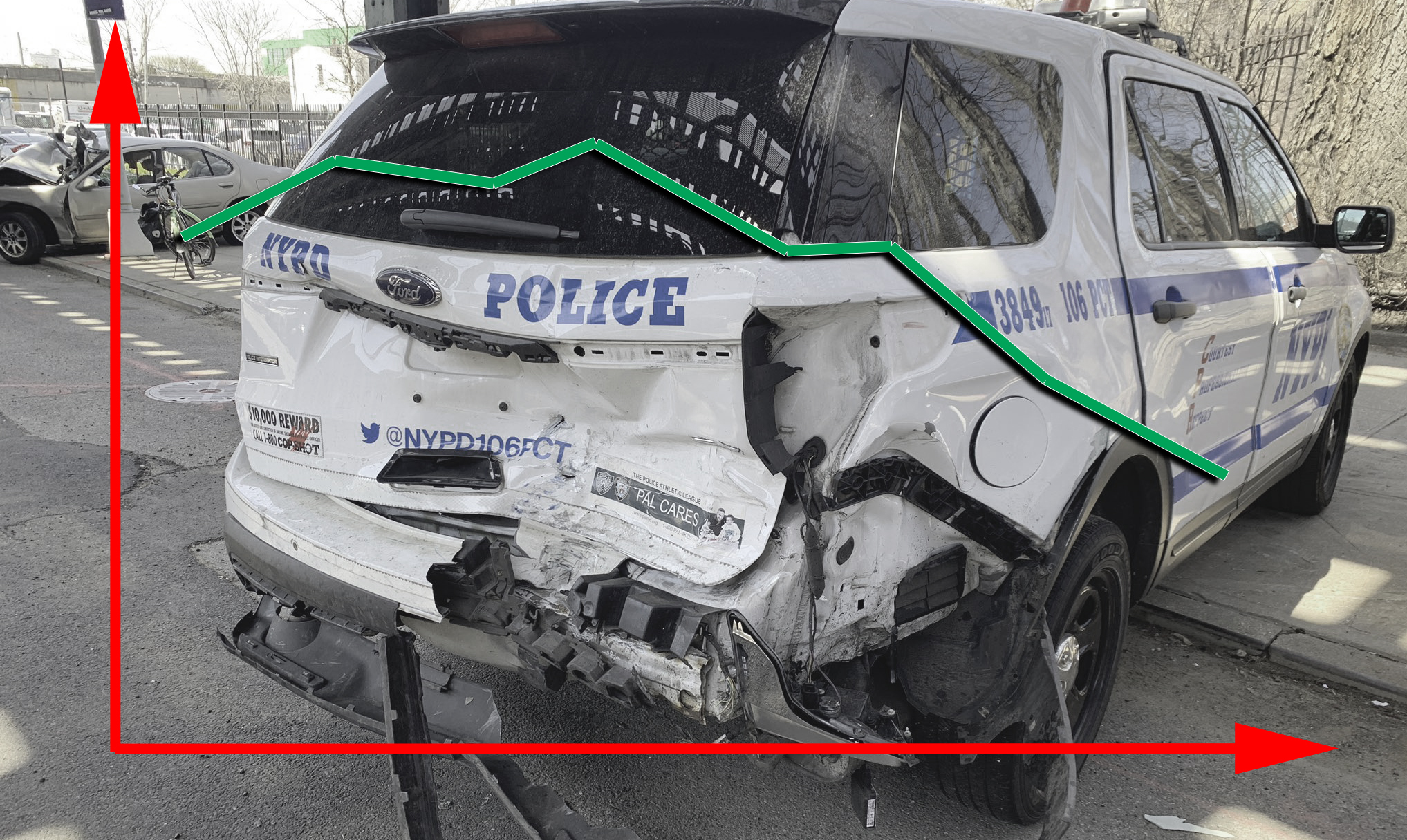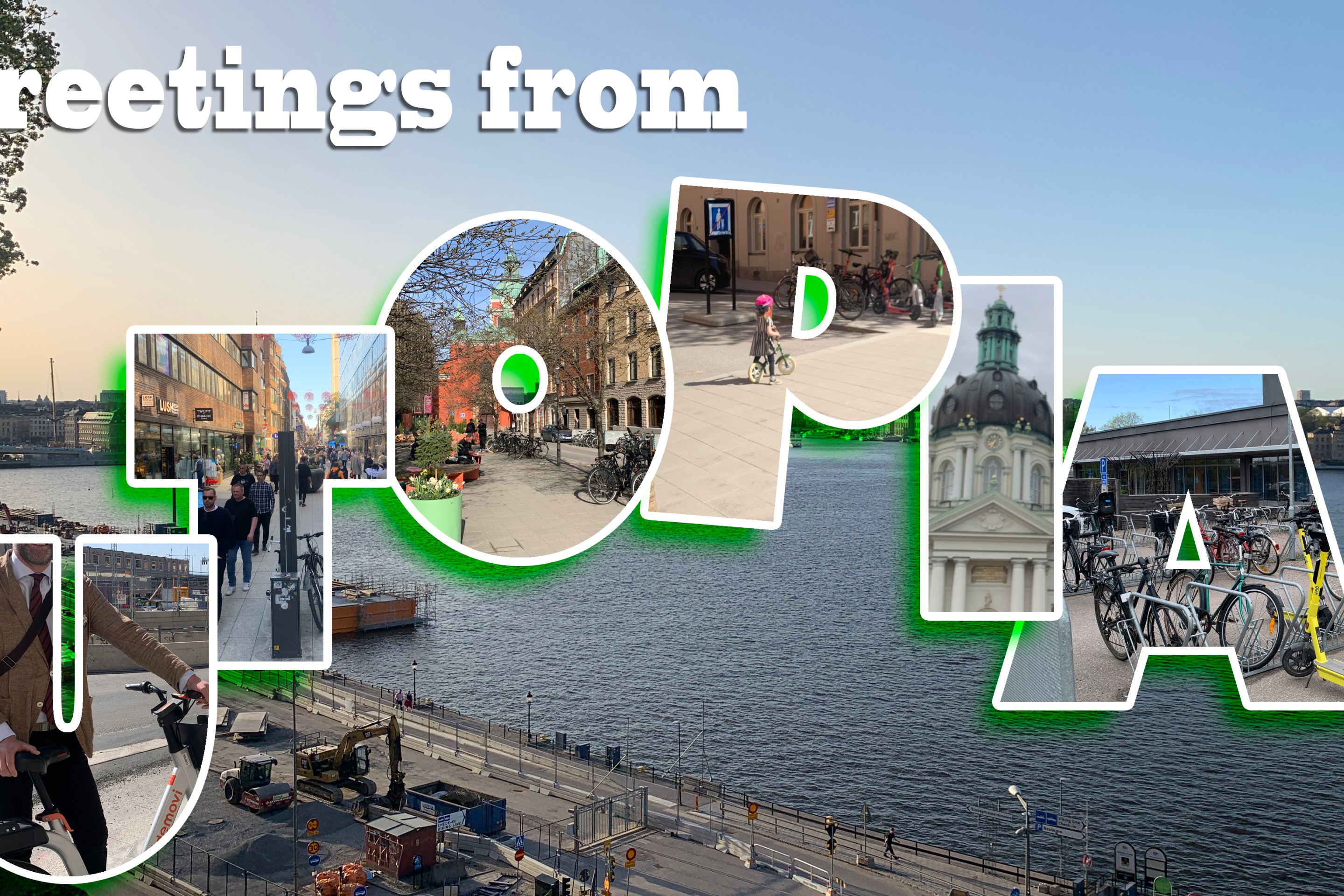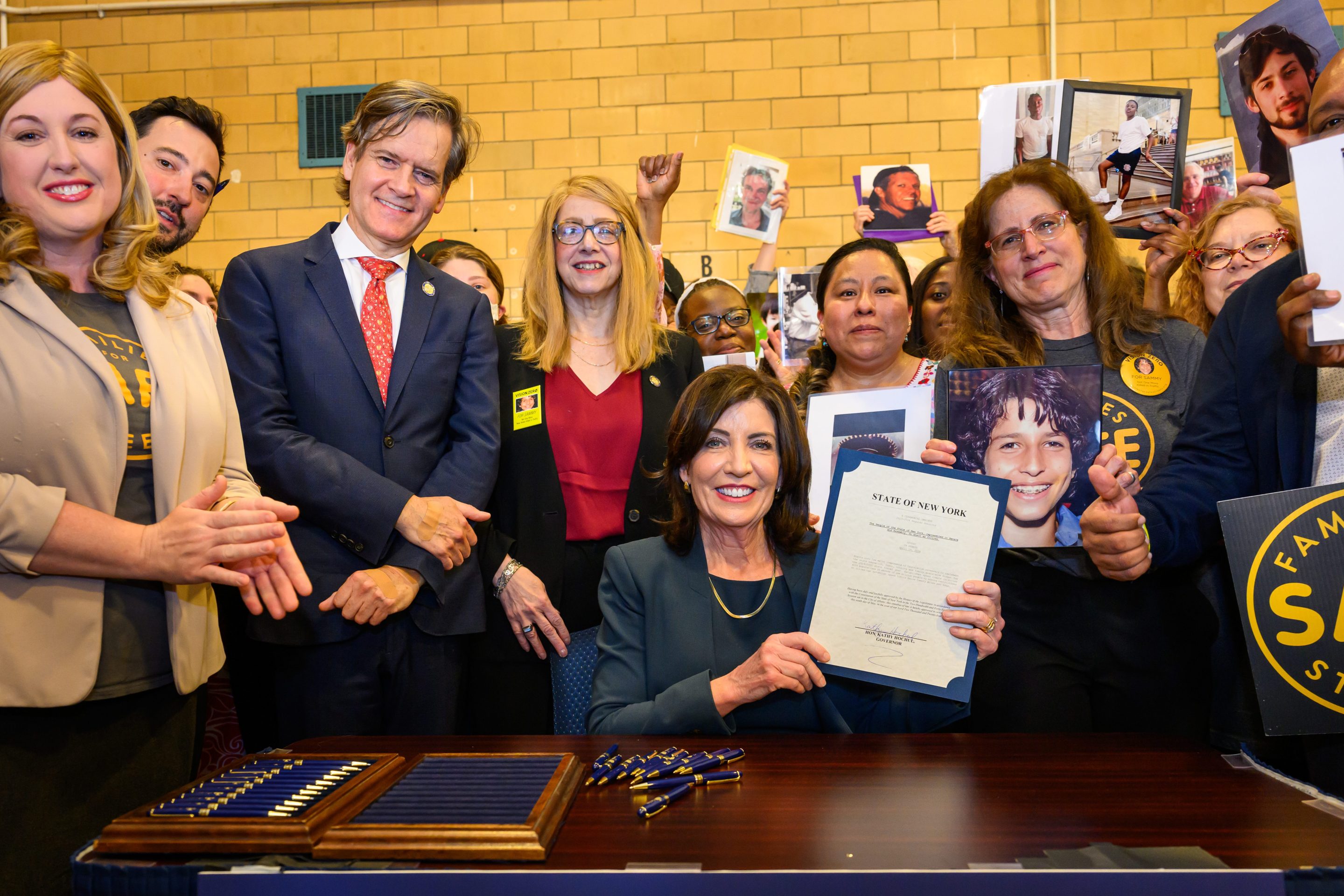Now it's only a disco nap.
The Metropolitan Transportation Authority will begin a "phased" reopening of overnight subway service, starting by reducing the nightly 1-to-5 a.m. closures to a 2-to-4 a.m. shutdown, starting on Feb. 22, officials announced on Monday.
Those same officials declined to say, however, when the system would return to round-the-clock service worthy of the city that at least until recently never slept. During a televised news conference with Gov. Cuomo (the man behind the shutdown), NYC Transit Interim President Sarah Feinberg called the shortened overnight closure "an appropriate step" to a full reopening, but neither she, MTA President Patrick Foye, nor Cuomo would divulge when New Yorkers could expect it.
The controversial overnight closures — instituted on May 6 so that the MTA could supposedly disinfect trains and stations against the coronavirus, though were also an attack on the homeless — had faced criticism recently from lawmakers, who argue that the shutdowns are not only not needed for virus cleaning but have also hurt workers and stymied economic activity across the city. Others have argued that, given advances in knowledge about the relative paucity of coronavirus transmission via surfaces, the closures for the stated purpose of cleaning amount to "hygiene theater."
Cuomo defended the first-ever subway closures, saying, "I don't understand how you can send people in hazmat suits spraying chemical disinfectant" through trains with passengers on them.
Empty trains have rumbled through the system during regular intervals during the closures; that practice will continue, the officials said.
Activists were pleased about the announcement:
“Third shift workers, many of whom are working on the frontline of the pandemic, rely on transit overnight and have been denied critically needed service," said Felicia Park-Rogers, director of Regional Infrastructure Projects for Tri-State Transportation Campaign. "Many workers have shifts that end at midnight or begin at 6 a.m. and require a 1.5-hour commute to and from work. This meant they were unable to use the subway overnight to and from work. The new hours will allow many more workers to commute via the subway again instead of spending hours waiting for buses in the cold or spending money they don’t have on vehicles for hire.
“Early in the pandemic, the MTA closed the system overnight for four hours in order to provide time for additional cleaning and sanitation efforts in stations, on trains, and on platforms," she added. "Now that the scientific understanding of coronavirus transmission has evolved, re-prioritizing the needs of New York City’s workforce is the right choice."
